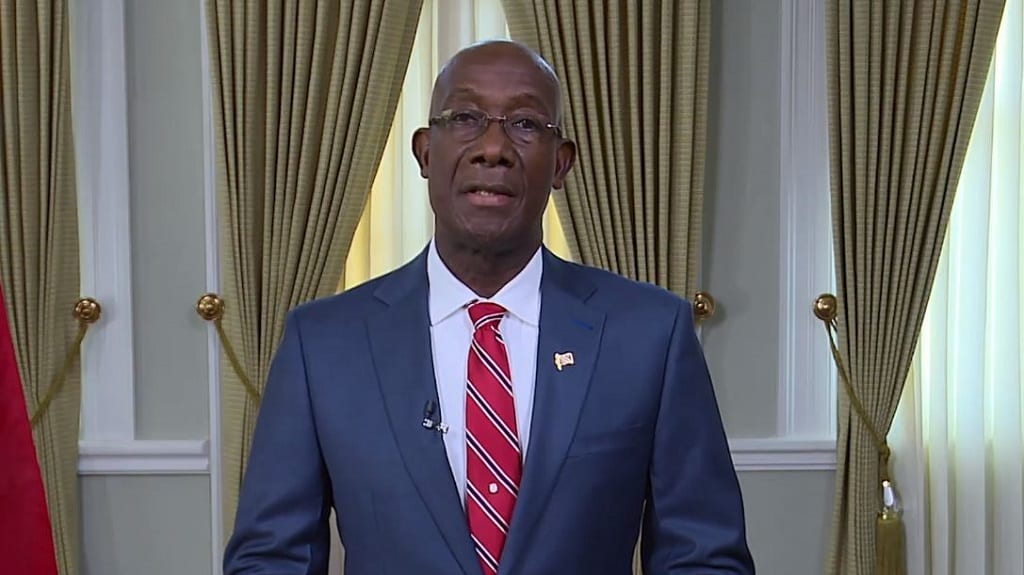Trinidad and Tobago is looking to play a leading role in the Caribbean region as more governments look towards cleaner and renewable energy sources. The country is also adamant that it must develop its hydrocarbon resources with alacrity so as to maximise economic benefits to the country, as the world accelerates its push towards renewable energy sources.
Speaking at the opening of the annual Trinidad and Tobago Energy Conference on Monday, Prime Minister, Dr. Keith Rowley, said there is an opportunity to increase the penetration of natural gas within the Caribbean, which will aid in providing a clean, secure supply of energy to member countries as they transition away from sources such as coal and heavy fuel oil.
“Historically, the challenges in bringing natural gas to these markets include the relatively small size of the markets and the need for the development of infrastructure for regasification, transportation and distribution,” the Prime Minister said.
He referenced an Inter-American Development Bank report which identifies LNG delivery innovations in small-scale shipping and floating regasification units as avenues through which natural gas may be economically delivered to Caribbean countries with small markets.
“Jamaica’s Floating Storage and Regasification Terminal which is the first of its kind in the Caribbean is a promising sign, and proof that there is room for natural gas in the Caribbean energy markets,” Dr. Rowley said. “This represents an area in which regional cooperation can be increased and countries such as Trinidad and Tobago, Jamaica and Guyana can lead the energy transition by harnessing our expertise among ourselves, as well as sharing experiences and learnings with other Caribbean countries.”
He said it is no secret that the Caribbean region, as a collection of Small Island Developing States, stands to be significantly impacted by the adverse effects of climate change.
“We have already witnessed some instances of these adverse effects, such as the devastation on Dominica by Hurricane Maria in 2017,” Dr. Rowley said.
Meanwhile, heavy rainfall in Guyana has resulted in unprecedented levels of flooding across the country over the past several weeks which its President, Dr. Irfaan Ali, said is the worst natural disaster the nation has faced in recent times.
“Despite our relatively minute contribution to global emissions, the Caribbean region has a vested interest in and support for global efforts to mitigate the effects of climate change, due to our vulnerability to the impacts of climate change,” Dr. Rowley told participants at the energy conference.
He said although Trinidad and Tobago currently use the cleanest burning fossil fuel for its power generation, the government is aware that there is room for improvement. “One of these areas which is a near-term priority is the minimization of emissions all along the value chain, from production of natural gas to its consumption.”
In this regard, he said the National Gas Company (NGC) has embarked on a proactive campaign to reduce the carbon impact of its operations.
“Just last month the NGC announced that it has become a member of the United Nations Environmental Programme Oil and Gas Methane Partnership,” the Prime Minister said, pointing out that NGC has also taken other steps to track and reduce its methane emissions, by utilizing technology and leveraging collaborative partnerships.
All this comes at a time when new regional oil producer Guyana is looking to establish a pipeline that will bring associated gas from its vast oil fields to shore for power generation and other applications. The government is looking to have this project come on stream by 2024 and has said it will cut the cost of energy in the South American country by half.
The Trinidad and Tobago Energy Conference is being organised by the Energy Chamber of Trinidad and Tobago and will conclude on Wednesday, June 9.



